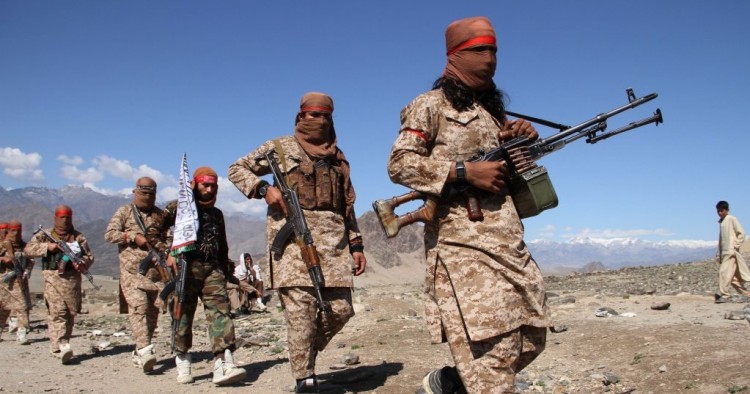The already controversial recently concluded deal between the U.S. and Taliban has hit a stumbling block over the issue of a prisoner release. Unresolved is a key part of the agreement that provides for a prisoner exchange that would allow the freeing of up to 5,000 captured Taliban fighters. In order to wrap up a deal with the Taliban, U.S. negotiators had agreed to a swap that they had no authority to make. The government of Ashraf Ghani, which has custody of the Taliban prisoners, was not a party to the accord signed in Doha.
The Afghan president has categorically rejected the exchange, arguing that the issue should be discussed in the course of an intra-Afghan dialogue and not as a pre-condition. In talks still scheduled to begin this week, President Ghani has hoped to use the issue to help leverage the Taliban’s full recognition of his government’s place at the negotiating table; he also wanted to have the swap reciprocated with progress toward a cease-fire. The Taliban is, however, resisting participation in these long-anticipated peace talks without first securing a prisoner release.
Separately, satisfying the terms of the agreement has created a dilemma for the Taliban. How does it fulfill the expectations of a condition-based U.S. departure for a sustained reduction in violence and also avoid undermining its insurgency’s solidarity and energy? The Taliban leadership has always worried that any scaling back of militarily operations for more than a short period could prompt desertions and defections among its fighters. Yet uppermost for the Taliban is that nothing derail the U.S.’s commitment in the accord to an exit schedule that realizes the Taliban’s long-sought goal of securing the departure of American forces. The appeal of ousting all “foreign invaders” has been instrumental in the recruitment of foot soldiers to the insurgency.
This leaves the Taliban having to walk a fine line between reducing the level of violence enough to placate the Americans and retaining a level of military engagement sufficient to maintain a robust fighting capacity. But appreciating the Trump administration’s resolve to quit Afghanistan, the Taliban is probably also counting on having some latitude as it continues its attacks on Afghan targets. In the meantime, with talks in question, the Afghan peace process appears in limbo.
Marvin G. Weinbaum is MEI's Director for Afghanistan and Pakistan Studies. This article was co-authored by Ahamedullah Archiwal, research assistant to Marvin G. Weinbaum.
Photo by Wali Sabawoon/NurPhoto via Getty Images
The Middle East Institute (MEI) is an independent, non-partisan, non-for-profit, educational organization. It does not engage in advocacy and its scholars’ opinions are their own. MEI welcomes financial donations, but retains sole editorial control over its work and its publications reflect only the authors’ views. For a listing of MEI donors, please click here.













